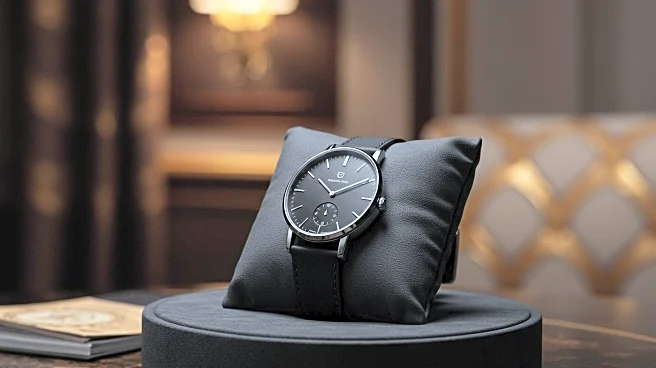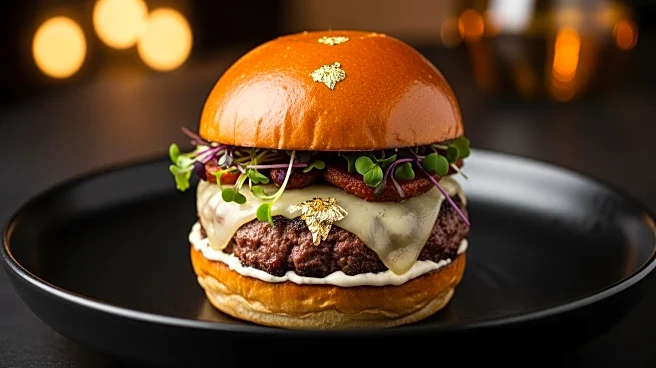What's Happening?
Luxury brands are increasingly shifting towards 'Quiet Luxury,' a trend characterized by understated elegance and subtlety rather than ostentatious logos and visible symbols of wealth. This movement is driven by socio-economic forces and a change in consumer behavior, particularly among Ultra-High-Net-Worth Individuals (UHNWIs) who prefer less well-known brands without overt symbols to communicate their status. The democratization of luxury has made traditional markers of wealth less effective, prompting a shift towards inconspicuous consumption. This trend reflects a broader change in consumer behavior among 'old money' and 'new money' individuals, with the former exhibiting a reduced need to signal their status compared to the latter. Quiet luxury emphasizes experiential and personal attributes, focusing on perceived rarity over objective rarity.
Why It's Important?
The rise of quiet luxury signifies a significant evolution in luxury consumption, challenging traditional norms of status signaling. This trend has cultural and sociological implications, reflecting a shift towards individualism and personal fulfillment. Economically, it presents challenges and opportunities for luxury brands, which must adapt their strategies to remain relevant. Brands need to balance exclusivity and accessibility to maintain their desirability. As consumers seek more sophisticated ways to express their status, the luxury market must evolve to meet these changing preferences. The trend also highlights generational differences, with Millennials and Gen Z placing greater emphasis on sustainability in luxury purchases.
What's Next?
The future trajectory of quiet luxury suggests its persistence as an enduring trend. As quiet luxury becomes mainstream, questions arise about how UHNWIs will differentiate themselves from less affluent consumers. Luxury brands may need to redefine their narratives, emphasizing craftsmanship and heritage, and creating exclusive experiences that resonate with evolving consumer values. Regional variations in luxury consumption are evident, with some 'newly rich' countries still engaging in conspicuous consumption. The trend poses fertile ground for future academic inquiry into its cultural, economic, and sociological impacts.
Beyond the Headlines
Quiet luxury challenges conventional norms of prestige and success, prompting a reevaluation of social dynamics. It aligns with the increasing importance of experiential value in consumer culture, where experiences are valued for their ability to create lasting memories and emotional connections. The trend reflects a broader cultural shift towards self-expression and personal identity, emphasizing unique and meaningful experiences over material possessions.









